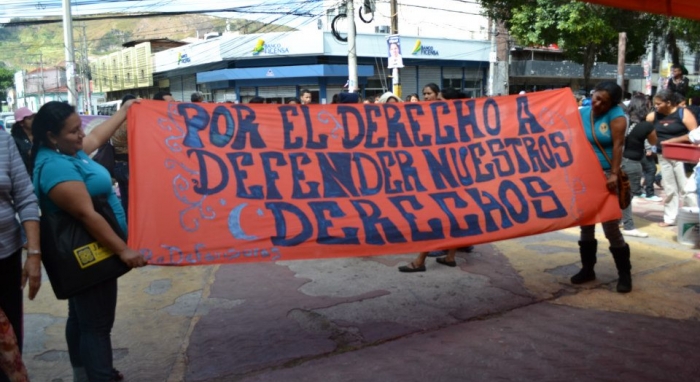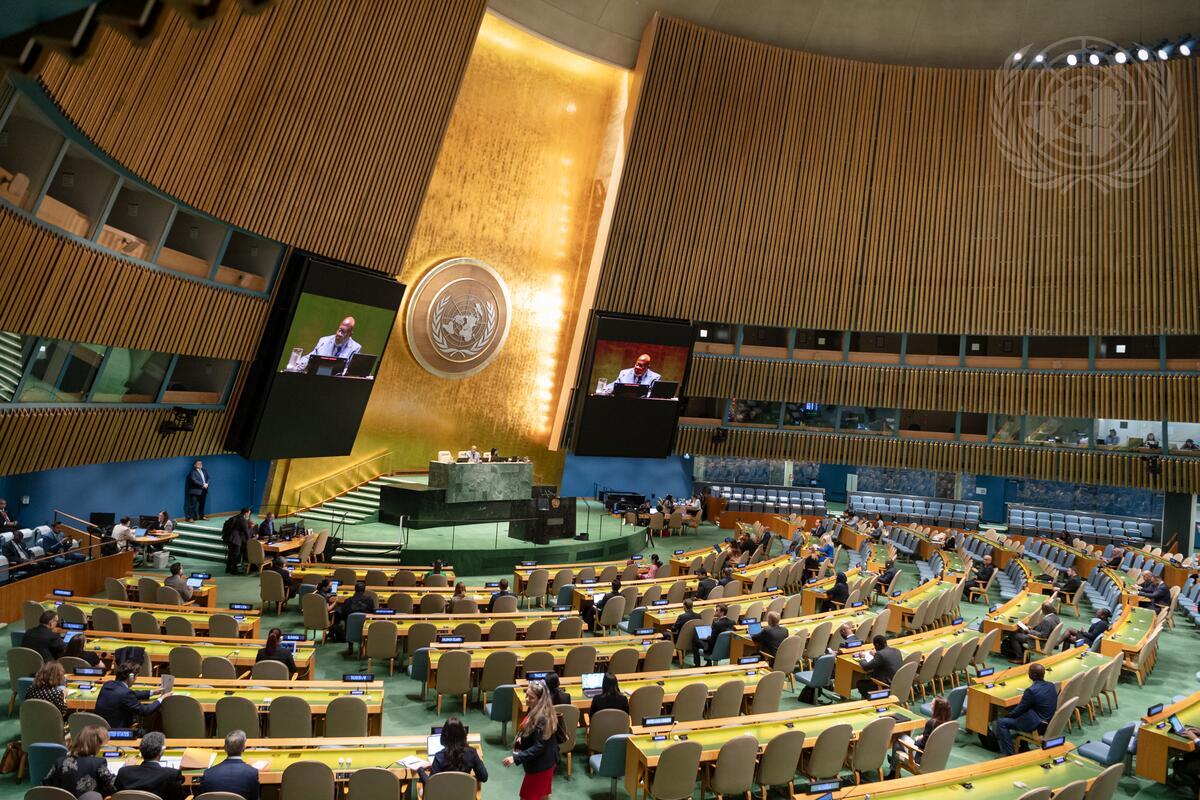(Geneva) – The adoption of a specific law for the protection of human rights defenders and journalists is a necessary but not sufficient step towards ensuring that they can work safely and freely in Honduras, the International Service for Human Rights said today.
Honduras recently enacted a ‘Law for the Protection of Human Rights Defenders, Journalists, Social Communicators and Legal Practitioners’, Decree No 34-2015, in response to concerted advocacy by local and regional civil society, together with recommendations from international human rights organisations and UN human rights bodies. The Law seeks to give effect to the UN Declaration on Human Rights Defenders at the national level and to provide measures for the protection of defenders at risk.
‘The enactment of a specific law on the protection of human rights defenders is a crucial step towards recognising the value and legitimacy of their work, and providing a safe and enabling environment in which for them to operate in Honduras,’ said ISHR’s Manager of Advocacy and Communications, Ben Leather. ‘It is also pleasing to see a State respond positively to the recommendations of international and regional human rights mechanisms and implement those recommendations at the national level.’
‘It is now vital, however, that further steps are taken secure this progress, including by ensuring that the National Protection System for Human Rights Defenders, established under Article 19 of the Law, is adequately resourced, that civil society is fully consulted and engaged in operationalising and monitoring the Law, and that the Law and human rights defenders themselves receive high level political recognition and support,’ Mr Leather said.
While welcoming the Law and noting its many positive features – including its recognition of the right to advocate for and defend human rights and the primary duty of the State to protect persons and associations exercising this right from any form of violence, threat or discrimination – ISHR shares the analysis of Protection International and CEJIL that there remains scope for improvement.
‘ISHR considers that there should be stronger civil society representation within the governance and decision-making structures of the National Protection System and that further legislative and practical steps are necessary to close the protection gaps that persist where the perpetrators of acts of violence or discrimination are the very State security agencies charged with the protection of defenders,’ Mr Leather said.
ISHR does note and welcome the fact that the law as enacted is more comprehensive than a previous draft, incorporating some but not all drafting inputs provided by civil society.
‘ISHR remains committed to working with Honduran authorities and both local and international civil society to promote the effective implementation of the law and to identify and close protection gaps. This is consistent with our project to develop a Model National Law on the Protection of Human Rights Defenders, providing authoritative guidance to States as to the legislative steps and measures necessary to ensure the effective implementation of the Declaration on Human Rights Defenders at the national level.’
By adopting Decree No 34-2015, Honduras joins other States such as Mexico and Cote d’Ivoire in taking the vital step of enacting specific national legislation on the protection of human rights defenders, with a conducive legal environment being a pre-condition to a safe and enabling environment for defenders overall.




